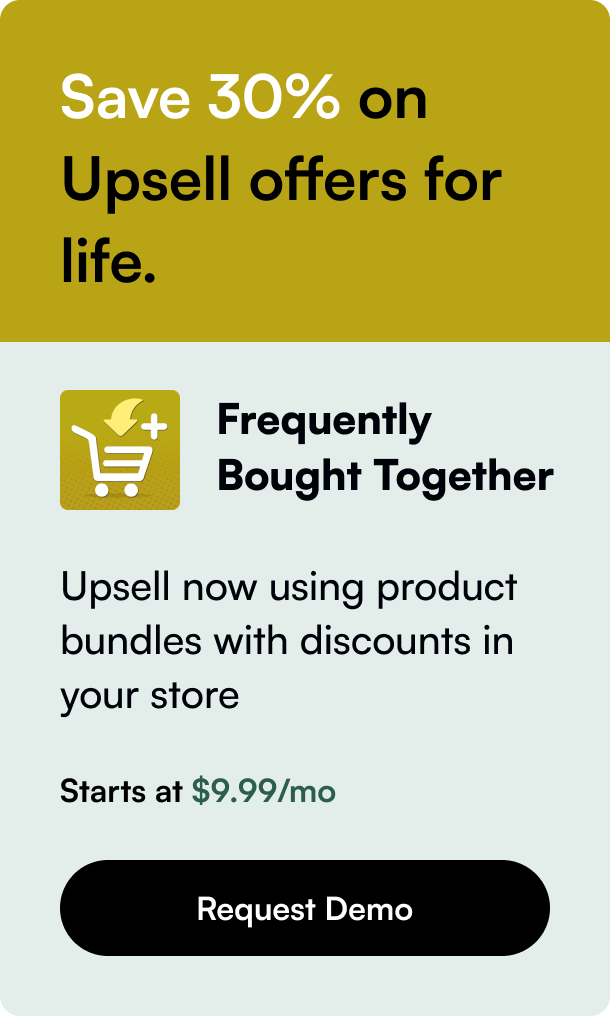Table of Contents
Introduction
The choice of platform for starting an online business is a critical decision every entrepreneur must make. With numerous options available, it's often confusing to choose the best one. Two popular contenders—Shopify and eBay—stand out among the rest. In this post, we'll dissect Shopify vs eBay to help you make an informed decision for your online store. From pricing models to user-friendliness, fulfillment options, and beyond, each platform offers unique advantages and potential challenges.
Why Choosing the Right Platform Matters
Selecting the right eCommerce platform can significantly affect the trajectory of your business:
- Startup Speed: Some platforms allow quicker setup and entry to market than others.
- Cost: Initial and ongoing costs can vary greatly between platforms.
- Control: The level of branding and customer experience you can provide differs per platform.
- Audience Reach: The built-in customer base and reach of each platform can speed up or slow down your growth.
By understanding these key elements, we'll clarify the optimal conditions for either Shopify or eBay to complement your business objectives.
Shopify at a Glance
Shopify is a dedicated platform for creating your own comprehensive online store. It's known for its ease of use, powerful customization options, and wide range of features catering from startups to enterprise-level businesses. From payment processing to inventory management and detailed analytics, Shopify offers a one-stop-shop for eCommerce entrepreneurs seeking control over their brand and growth trajectory.
eBay: Marketplace Giant
eBay, the pioneer of online marketplaces, offers a platform where anyone can sell their products amidst a vast audience. Known for its auction-style listings, eBay also facilitates 'Buy It Now' sales. Its user base is ready-to-buy, and the platform excels in visibility, making it a practical choice for those looking for immediate access to customers without needing to build traffic from scratch.
Comprehensive Breakdown
Pricing and Fees
- Shopify: It features tier-based pricing, from a basic plan suitable for new stores to advanced plans for scaling businesses. Keep note of additional costs for themes, apps, and transaction fees if not using Shopify Payments.
- eBay: It operates differently, charging several types of selling fees rather than a monthly subscription, although Store plans are available for frequent sellers which offer extra benefits.
Product Offering and Flexibility
- Shopify: It allows the sale of a wide variety of products, including digital goods and services. The platform is notable for its vast app store that extends the functionality in many niches.
- eBay: Predominantly a marketplace for physical goods, eBay has limitations on product types and focuses more on used or unique item sales.
Customization and Branding
- Shopify: This platform shines with full customization options, letting businesses craft unique customer experiences and tailor design solutions to their branding.
- eBay: More restrictive, merchants must work within the confines of eBay’s listing format and are limited in expressing their brand identity.
User Experience and Control
- Shopify: Gives more control over the customer experience, from the design to the checkout process and post-purchase communication.
- eBay: Provides a standardized experience that leaves limited space for sellers to influence the shopping process.
Fulfillment Options
- Shopify: Supports a variety of fulfillment options, including in-house, 3rd-party services, and integration with shipping carriers.
- eBay: Offers basic shipping and fulfillment options but lacks the comprehensive tools available on Shopify.
Audience and Reach
- Shopify: Although powerful, requires dedicated efforts in marketing to build your audience.
- eBay: Comes with a ready-to-buy audience, which can be beneficial for immediate sales and market testing.
Support and Resources
- Shopify: Offers extensive support through tutorials, an active community, and customer support service.
- eBay: Also provides customer support, but the resources may be less detailed compared to Shopify.
Verdict: Based on the parameters discussed, Shopify is the go-to for entrepreneurs who are serious about building a powerful brand and want full control over their online store. eBay, on the other hand, is suitable for sellers looking to tap into an existing customer base without the upfront work of store-building.
Conclusion
Assessing Shopify vs eBay, it's apparent that each platform serves different business needs and goals. Shopify is ideal for those investing in long-term growth, brand identity, and a tailored customer experience. eBay suits sellers looking for quick access to buyers and a simple setup process.
The Unique Choice
Ultimately, the decision hinges on your business model, resources, and ambitions. Consider:
- Are you building a brand or simply selling products?
- Do you want complete control over your store?
- How quickly do you want access to an audience?
As you ponder these questions, remember that leveraging both platforms is also an option for a multi-pronged strategy.
Happy selling and may your business flourish on the platform that aligns with your vision!








